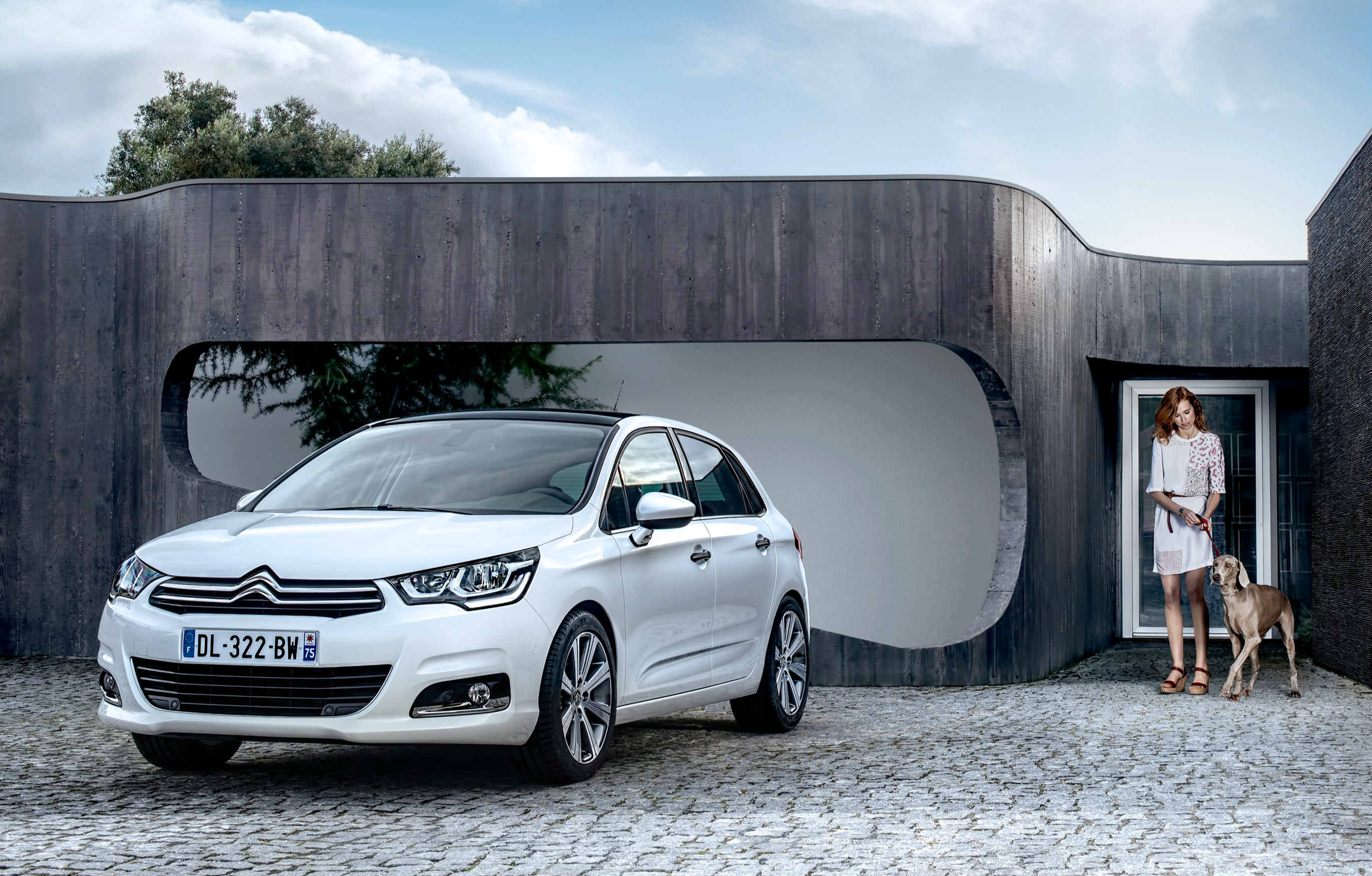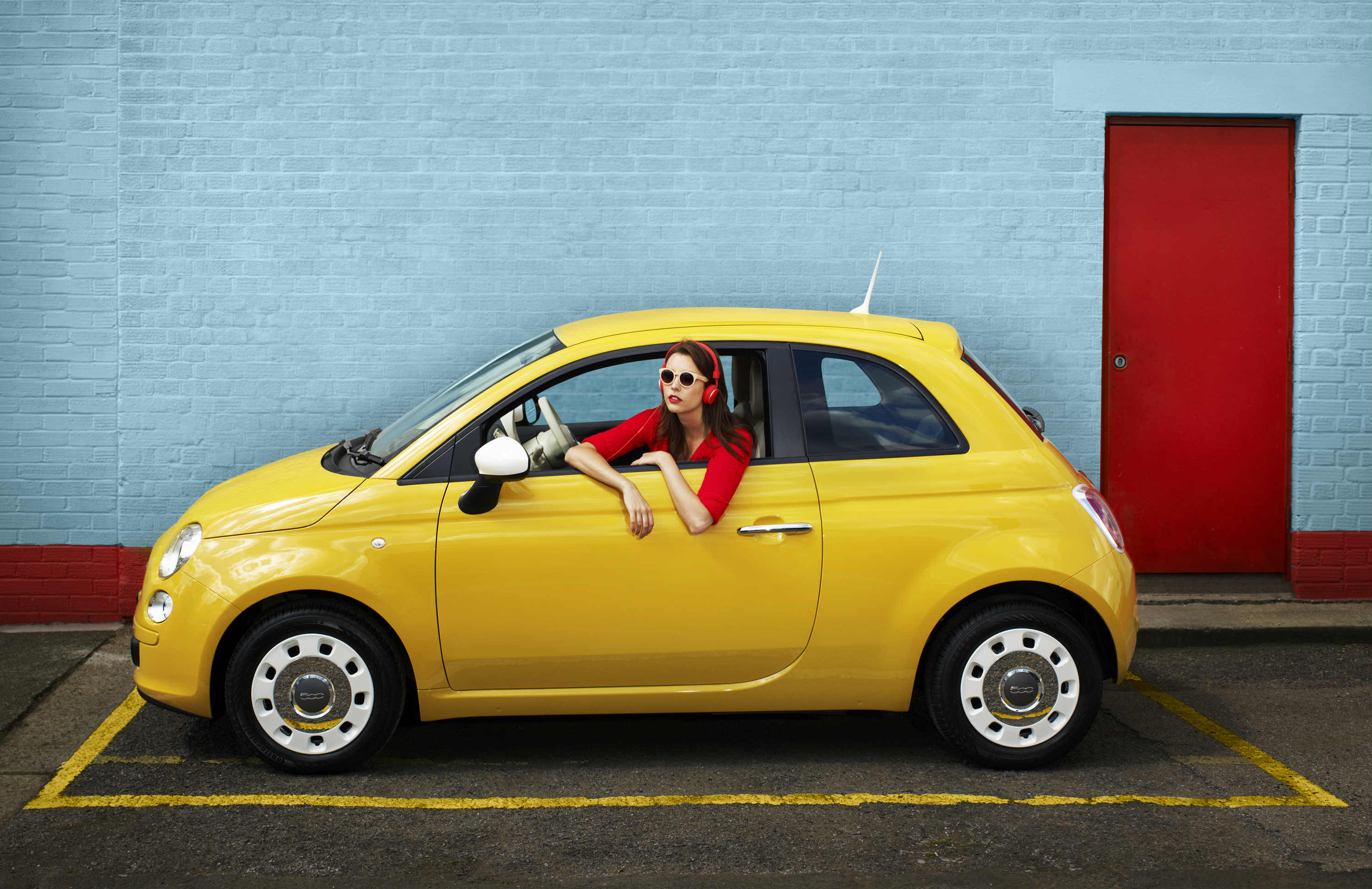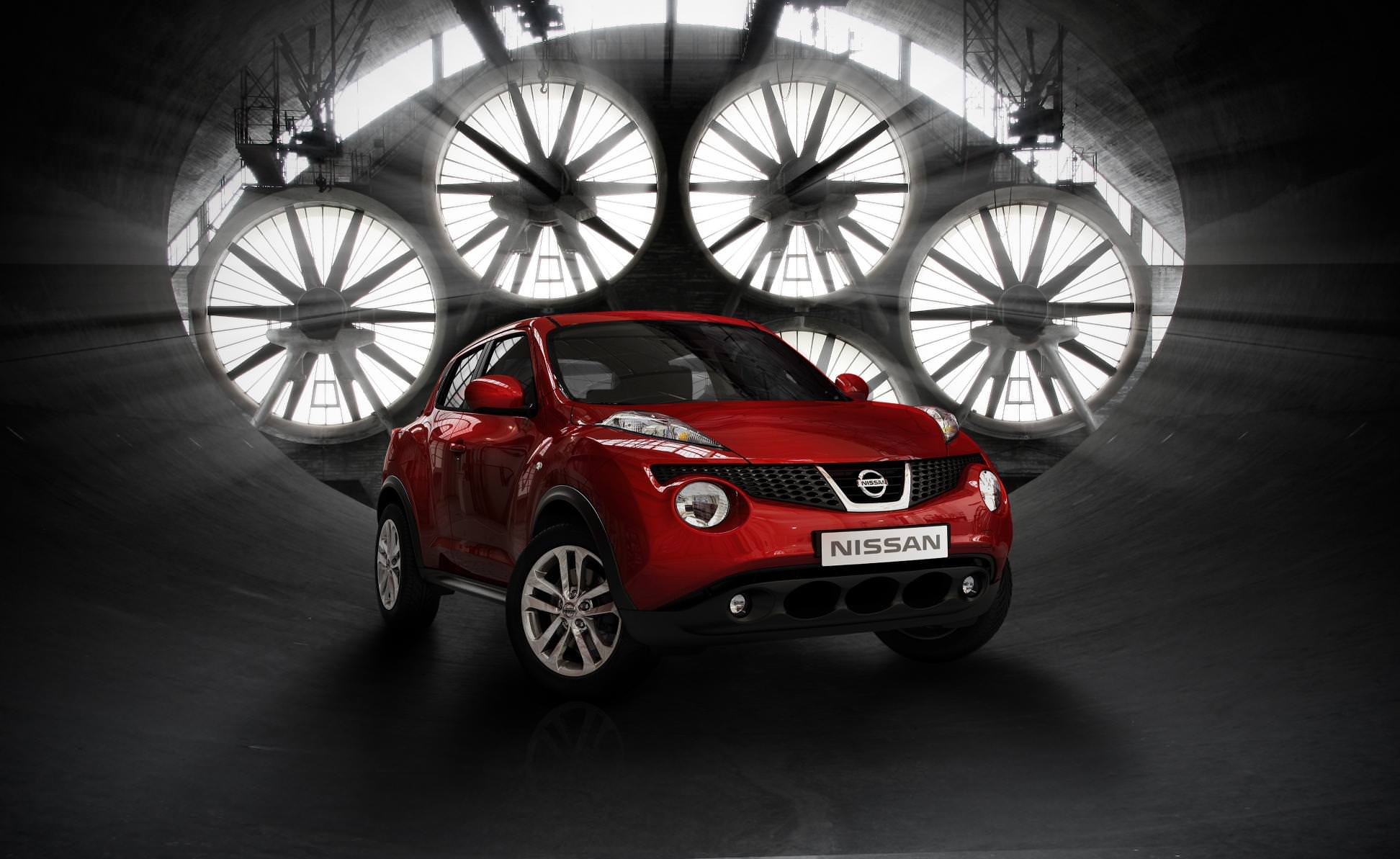Everything you need to know about buying a classic car
Considering buying a classic car? Choose your dream vintage wheels with confidence thanks to our quick guide

Buying a classic car can be an emotional experience. After all, the reason for buying one is often steeped in nostalgia and affection for the model you choose.
And that means it can be all too easy to let your heart rule the head when it comes to your budget.
That’s why we’ve put together a guide to everything you need to know about buying a classic car. It’ll give you all the info, from what you need to inspect on the interior and exterior to where you can find your new old wheels.
Read on to find out more and get classic car savvy:
What is a classic car?
Classic car can mean different things to different people.
Veteran cars are broadly classified as those that were built before 1914, Vintage is used to describe cars built before 1930, and Post-Vintage cars are models that were built between 1930 and 1945.
The term classic car is more open to interpretation. Typically, they’re at least 20 years old, have a historical or sentimental attachment and are collectible among classic car enthusiasts.
Examples of classic cars include the Jaguar E-type, Aston Martin DB4, Ford Model T, Ferrari 250, and the Lotus Esprit.
Where can you buy a classic car?
There are three main places to buy a classic car: from private sellers, from a dealership or at an auction.
From a dealership
When you buy a classic car from a dealership, they should have all the official documentation and paperwork you need – including service history – to feel confident.
You will also be able to ask plenty of questions, check the car over thoroughly, and give it a test spin.
Classic car dealerships are also often run by enthusiasts who share your passion, which means they can have a wealth of knowledge about the car you’re buying and will be open to answering any questions or concerns you might have.
From private sellers
Buying a classic car from a private seller comes with risks as well as rewards.
This could work for you if you’re already classic car savvy as you can’t guarantee that you’ll receive the warranty guarantees or documentation you would get at a dealership or auction.
However, buying a car privately means you have room to haggle. Dealerships can be restricted on price while an auction could lead to a bidding war that blows your budget.
If you’re ready to put in the background research and feel confident that you know your way around a car, you could choose to buy from a private seller.
From an auction
If you’re thinking of buying a classic car at auction, make sure you research how they work beforehand, especially if it’s your first time.
Check out the catalogue and decide on your budget before entering any bidding battles. It’s worth remembering that the price you see in the catalogue won’t always be a true reflection of the final price – it could be based on starting bids or a low average.
Additional fees could also be attached, including premiums and auctioneer costs, that could inflate the value of the car.
Just like with a dealership, you can expect some guarantees that you might not necessarily get from a private seller, such as details of the car’s history and information from previous owners.
When it comes to bidding, always have a fixed budget in mind so you don’t get carried away and end up with buyer’s remorse.
And keep in mind that you might be expected to pay a deposit if you win the bid so make sure you have your finance in place before going into battle.
Top tips for buying a classic car
Keep to a budget
We know it can be tempting to go all out when you find your dream car, but it’s important to have a budget in mind before buying a classic car.
Do your research to find the car’s true value and make sure you also have money set aside for serving and future repairs – a car is never a one-off purchase!
Dig for information
In some cases, a classic car will have had a lot of previous owners so it’s important to find out as much information as you can.
Here are a few key questions to ask:
- What is the car’s service history?
- Who were the previous owners? Have they left reviews?
- Has it ever been in an accident or written off?
- Has it been modified in any way?
- Are there any technical issues you should be aware of?
- How much will a service, insurance, and repairs cost and are spare parts readily available?
Ask for documentation
Documentation, including a full service history, is important information to get when buying any car. Without it, you won’t have any real evidence of how well the car has been looked after or if any faults could reoccur in the future.
Take a test drive
Whether you buy a new or used car, it’s a good idea to take it for a test drive. Getting behind the wheel of any unfamiliar car will feel strange at first but after a half hour test drive you should get enough of a feel for whether the car’s drive is to your liking.
Conduct a full inspection
Arguably the most important part of buying a classic car, you should thoroughly inspect both the interior and exterior of the car to make sure everything is in working order.
Here are some things to look out for:
- Does it feel smooth when switching between gears?
- Are the brakes responsive?
- Are there any unusual sounds when driving?
- Does the dashboard display signal any faults?
- Do the lights, electrics, and windscreen wipers work?
- Do the tyres look even? How deep are the treads?
- Are there any signs of corrosion, scratches, tears, or bumps?
Get a professional to check the car
This final step really depends on how confident you are about cars. If you know your way around the car and can carry out the interior and exterior checks yourself then you may not need an expert opinion. But if you’re unsure or would appreciate a second opinion, you can pay for a car inspection from an independent mechanic.
 Win your car finance on us!
Win your car finance on us! 

